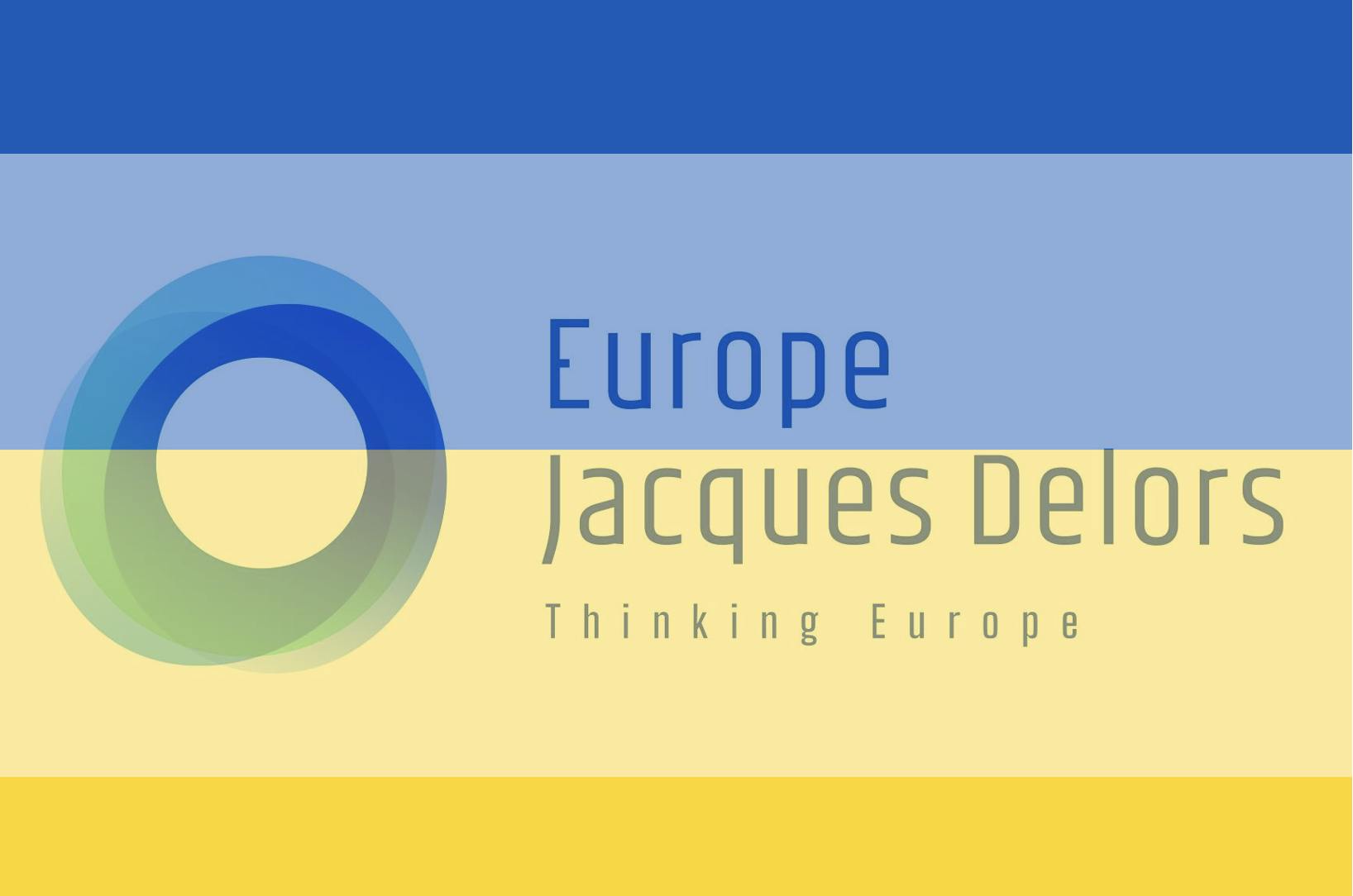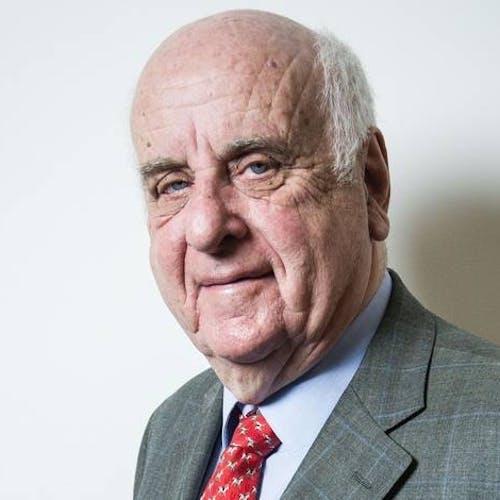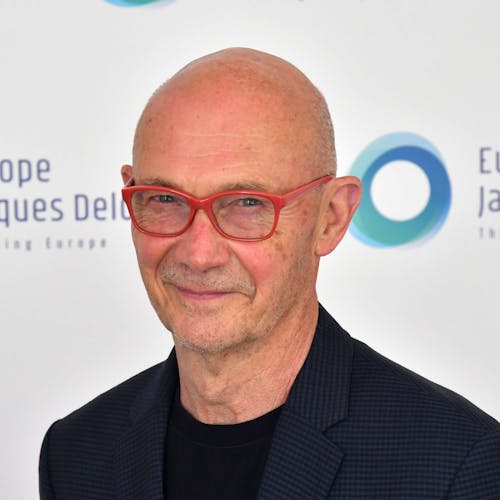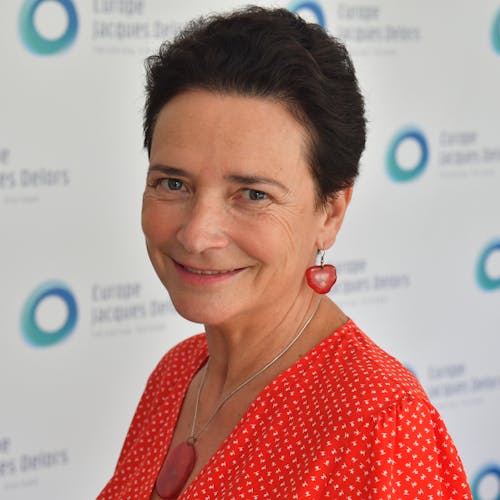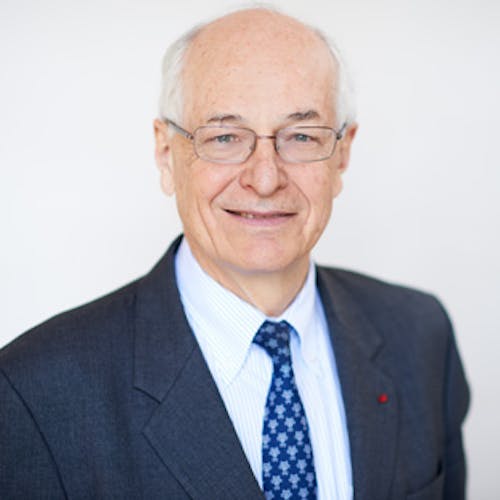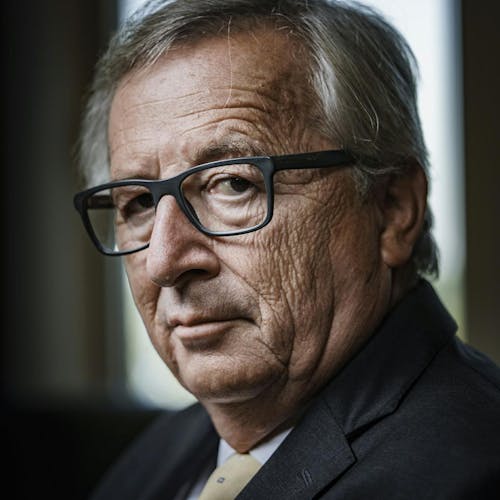
Jean-Claude Juncker
Jean-Claude Juncker is one of the founding fathers of the euro and a pioneer of European unification. As Prime Minister of Luxembourg he was the longest-serving head of government in the European Union – with 18 years in office – as well as the longest-serving democratically elected head of government worldwide.
Jean-Claude Juncker studied law at the University of Strasbourg and earned his law degree in 1979. After he had joined Luxemburg’s Christian Social People’s Party in 1974, he was named parliamentary secretary for the CSV in 1979. Three years later, he received his first government post when he was named Secretary of State for Labour and Social Security. Juncker was elected to the legislature in 1984, and was appointed to the cabinet of Prime Minister Jacques Santer as Labour minister and minister for Budget. In 1989 he was named Finance minister and took a seat on the Board of Governors of the World Bank.
He was elected chairman of the CSV in January 1990, and throughout 1991–92 he served as one of the chief architects and proponents of the Maastricht Treaty, the European Union's foundational document.
From 2005 to 2013, Juncker was the first Permanent President of the Eurogroup and helped shape the response to the sovereign debt crisis in 2009. In 2014, Jean-Claude Juncker was elected by the European Parliament to succeed José Manuel Barroso as president of the European Commission.
In 2006, he was awarded the International Charlemagne Prize of Aachen for his contribution as an “engine and pioneer of European unification”. Among the numerous awards the passionate European has received include the Grand Cross of the Order of Merit of the Federal Republic of Germany, the Grand Officier of the French Legion d'Honneur, the European Union Gold Medal with Star as well as honorary doctorates from various international universities.

